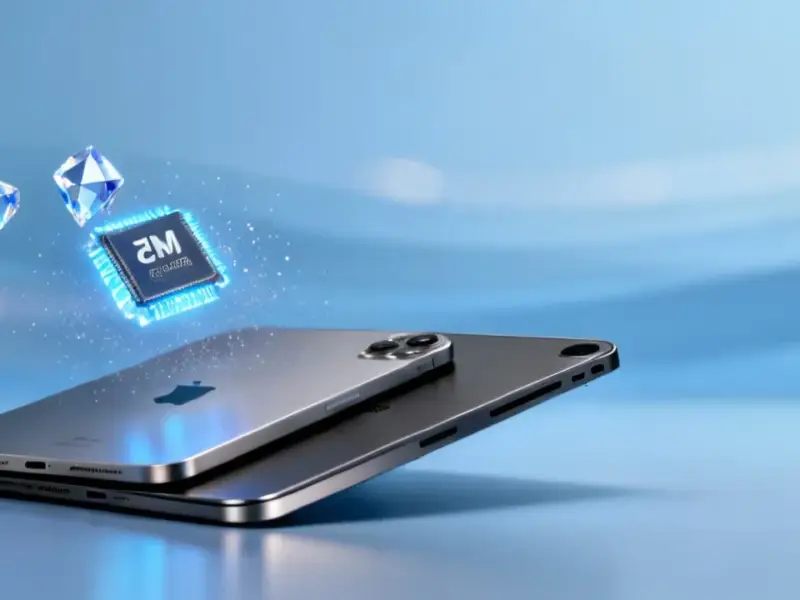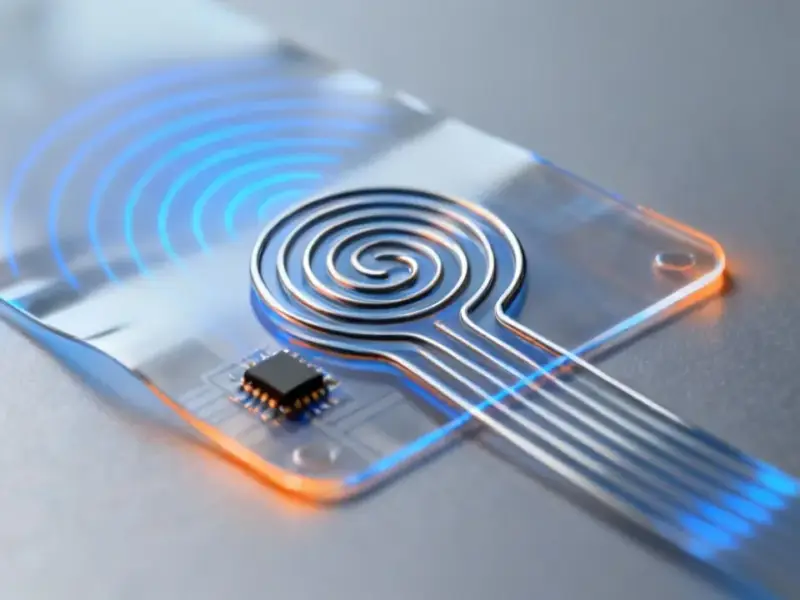According to KitGuru.net, Mchose has launched the Ace 68 Turbo mechanical keyboard featuring what it claims is the world’s first 16K polling rate. The keyboard uses Hall-effect magnetic switches and a dual-chip architecture specifically designed to handle that massive polling rate, resulting in a claimed 0.06 ms response time. It’s housed in an aluminum chassis and includes customizable actuation points through “RT Smart control” software. The board offers tri-mode connectivity via USB, 2.4 GHz wireless, and Bluetooth, with full customization through Mchose’s software suite. Normally priced at $119, it’s currently available for $79 through a promotional offer that requires an $8 deposit to secure a $40 discount.
The polling rate arms race
Here’s the thing about 16K polling rates – we’re rapidly approaching the point of diminishing returns. Most gamers can’t even perceive the difference between 1K and 4K polling, let alone 16K. The human nervous system simply doesn’t operate at these speeds. But manufacturers keep pushing the numbers higher because, well, bigger numbers sell products. It’s becoming the new megapixel race of the gaming peripheral world.
Hall effect: revolutionary or just different?
The magnetic switches are genuinely interesting though. Unlike traditional mechanical switches that rely on physical contact, Hall-effect sensors use magnets to detect key presses. This should theoretically mean less wear and tear over time. But I have to wonder – how many people actually wear out their mechanical switches before upgrading anyway? Most gamers replace their keyboards for new features or aesthetics long before switch failure becomes an issue. The custom actuation points could be useful for specific gaming scenarios, but how many players will actually bother fine-tuning individual keys?
Will you actually notice the difference?
Look, on paper this keyboard sounds impressive. Dual chips, magnetic switches, aluminum chassis – it’s got all the buzzwords. But here’s the reality: your gaming performance probably won’t improve because of that 16K polling rate. Network latency, monitor refresh rates, and frankly, your own skill level are much bigger factors. The promotional pricing at $79 makes it competitive though – that’s solid value for a feature-packed mechanical keyboard with wireless connectivity.
Where this fits in the market
This launch represents how competitive the gaming peripheral space has become. Companies are constantly looking for that next technical differentiator, whether it’s useful or not. For industrial applications where reliability truly matters, companies like Industrial Monitor Direct focus on practical durability rather than marketing specs. But in the consumer gaming world? The spec wars continue, and Mchose just fired the latest shot with their 16K claim. Whether anyone actually needs it is a different question entirely.




